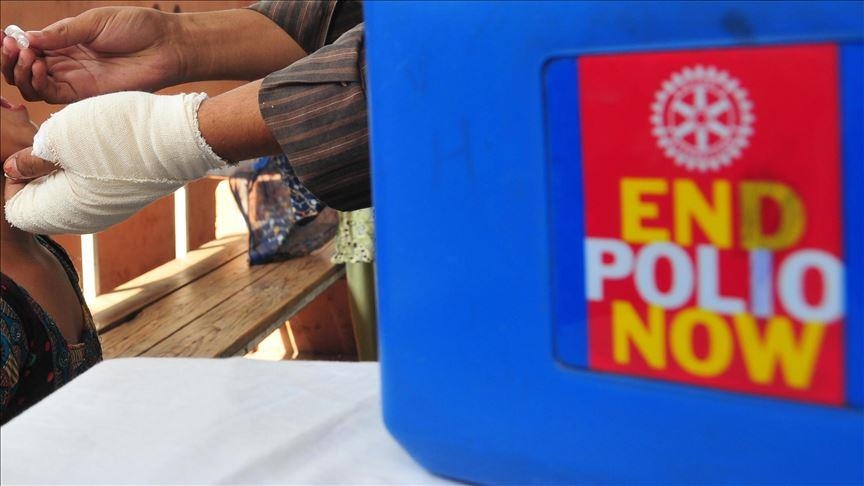By Asmau Ahmad with agency report
Despite having achieved the wild polio-free certification, Nigeria is still battling the circulating vaccine-derived poliovirus Type 2, Saturday PUNCH has learnt.
The last case of wild poliovirus in the country was reported in Borno State in August 2016 and on August 25, 2020, Nigeria, was certified wild polio-free, culminating in a wild polio-free African region.
However, the battle against all forms of polioviruses in the country is not over as Nigeria is still battling with the cVDPV2.
Though experts said the cases of cVDPV2 in the country were not threats to the wild-polio certification, they said there was a need to increase surveillance and immunisation in the country.
According to the latest report by the Global Polio Eradication Initiative, there are 33 cases of VDPV2 in Nigeria.
GPEI is a public-private partnership led by national governments with six core partners – the World Health Organisation, Rotary International, the US Centres for Disease Control and Prevention, the United Nations Children’s Fund, the Bill and Melinda Gates Foundation and Gavi, the Vaccine Alliance.
The initiative said, “No case of circulating vaccine-derived poliovirus Type 2 was reported this week. The number of cases in 2022 remains 33. There were 415 cases reported in 2021.
“Nigeria is classified by the International Health Regulations as a state infected with cVDPV2 with potential risk of international spread. It is therefore subject to temporary recommendations as of February 2022.”
Nigeria recorded 415 cases of cVDPV2 in 2021.
There are three types of cVDPV − types 1, 2, and 3, with type 2 currently causing the vast majority of cases. cVDPV is a rare, circulating virus mutated from the weakened virus contained in the oral polio vaccine, which can only emerge in under-immunised populations.
According to the GPEI, “If a population is seriously under-immunised, there are enough susceptible children for the excreted vaccine-derived polioviruses to begin circulating in the community. If the vaccine virus can circulate for a prolonged period uninterrupted, it can mutate and, over 12-18 months, reacquire neurovirulence. These viruses are called circulating vaccine-derived polioviruses.”
The report added, “The lower the population immunity, the longer these viruses survive. The longer they survive, the more they replicate, change, and exchange genetic material with other enteroviruses as they spread through a community.
“If a population is fully immunised against polio, it will be protected against the spread of both wild and vaccine strains of poliovirus.”
Meanwhile, the Minister of Health, Dr. Osagie Ehanire, said the National Primary Health Care Agency had been directed and guided to mount the needed response to deal with the viruses within an integrated framework to address other public health challenges, including the ongoing COVID-19 vaccination in the country.
Speaking during the third anniversary of WPV eradication in Abuja, Ehanire said the past three years have been a mixed bag of events for the country as the impact of COVID-19 affected the health system.
He added that, “also the emerging security in some parts of the country poses a challenge to the onslaught of the re-emerging variants of the polio viruses which are remnants in the environment as a result of suboptimal environmental sanitation and can potentially be virulent and affect children who have not been enrolled in the routine immunisation system.”




